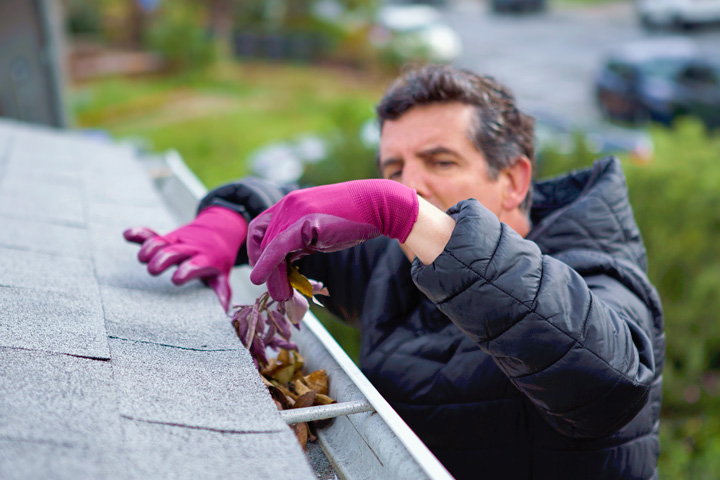Flood Prevention and Your Security System
 Leaks, broken pipes, structural issues, and weather can all result in flooding that causes expensive and time-consuming problems. According to Flood Defenders, floods are responsible for 2/3 of the cost of all natural disasters, resulting in US taxpayers paying more than $850 billion since 2000. That’s why implementing a flood prevention system is necessary. Here’s how to protect your home from flooding in the basement, and other moisture-related issues.
Leaks, broken pipes, structural issues, and weather can all result in flooding that causes expensive and time-consuming problems. According to Flood Defenders, floods are responsible for 2/3 of the cost of all natural disasters, resulting in US taxpayers paying more than $850 billion since 2000. That’s why implementing a flood prevention system is necessary. Here’s how to protect your home from flooding in the basement, and other moisture-related issues.
Basement protection
When it comes to your home, the basement is the main cause for concern when it comes to potential flooding. One way you can help to prevent flooding in the basement is to have foundation cracks sealed. Water can slip through even the tiniest cracks, so it’s essential to have them sealed before they become larger.
If any area of your home has recurring plumbing issues, it’s crucial to have them fixed to prevent flooding of the room itself, which can lead to flooding of the basement and other areas of your home. Take note of any water damage on ceilings or walls, and find out where the water is coming from to avoid bigger problems.
Sump pumps should be inspected regularly to prevent basement flooding. A sump pump that is not doing its job efficiently will result in water accumulation in the basement. According to AAA Standard Services, 40% of sump pump failures are due to power outages, but other causes include circuit overload, clogged discharge lines, and failure to check for water leaks.
Utilize home security system features
When you think home security, intruders are probably the first thing that comes to mind, but home security systems can alert you to other significant issues around your property, including flood detection.
Incorporating environmental monitoring into your home security system ensures that you’ll be notified about potential floods and other environmental changes so you can be pro-active about protecting your home and loved ones.
Environmental monitoring can alert you to the following:
- Burst pipes and sump pump water level. Both issues lead to flooding if not handled immediately.
- Moisture and water. Whenever there is water or moisture where there shouldn’t be, you need to find the source and fix it promptly before it becomes a bigger issue that leads to flooding.
- Flood sensor. If you’re away from home and a flood should occur, your monitoring system can alert you immediately by triggering your alarm.
- Temperature sensor: During winter, a temperature sensor will alert you when your home falls below a certain temperature to help you prevent frozen pipes from bursting.
Minimizing the damage caused by flooding will save you stress and money in the long term. Environmental sensors within your home security system are a proactive way to protect your home and loved ones from flood-related damage.
Improve drainage around your home
Flooding doesn’t only start inside your home. Rain and snow can cause flooding to your property and home if water pools and moves toward your home. To protect your property, consider the following:
- Clean your gutters. Gutters that don’t drain effectively create the risk of flooding and overflowing.
- Downspouts should drain at least 4 feet from your house to prevent water from pooling too close.
- Modify your landscaping. Landscaping should always help water move away from the house. To keep soil in place when it rains, grade soil away from your home’s foundation and add mulch six inches away from the siding to keep it in place.
- Add drainage. Drainage should be placed near driveways to lead water away from the property and house.
Don’t let flooding impact your home and finances. Take the proper precautions and avoid the headache flooding can cause.
NEXT STEPS:
- Contact us today to learn more about our services.
- Learn more about what home security means to us.
- Subscribe to our blog to stay informed about the latest security news and insight.

















